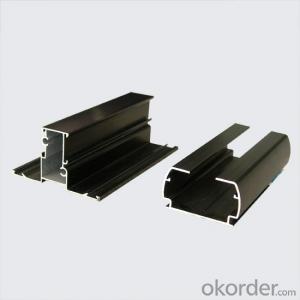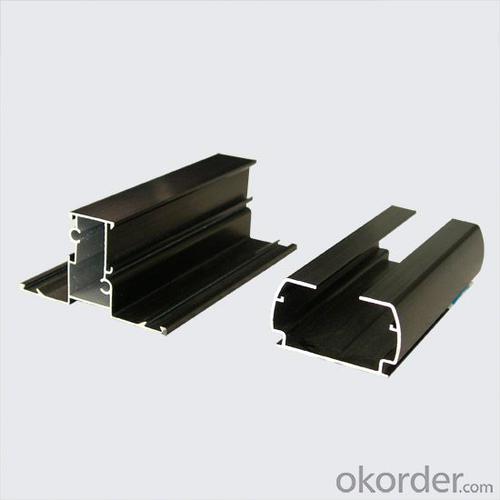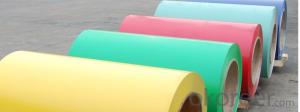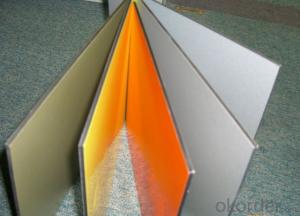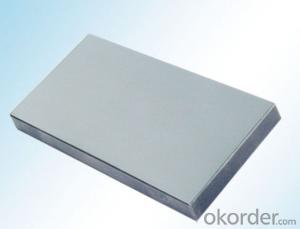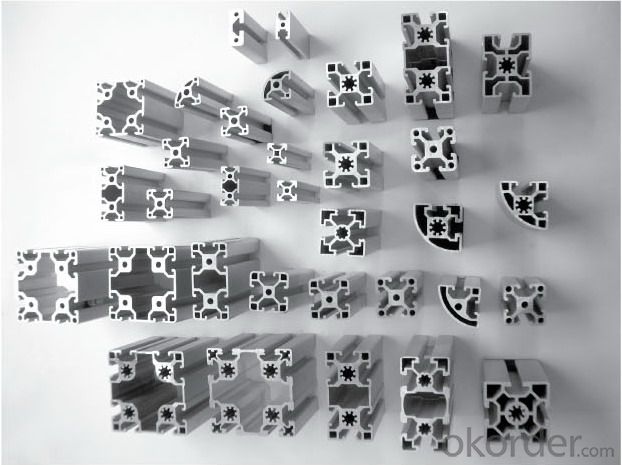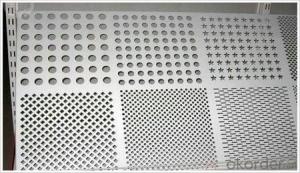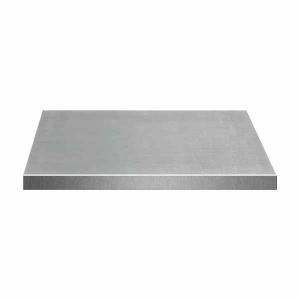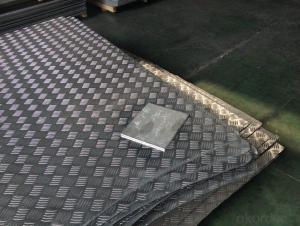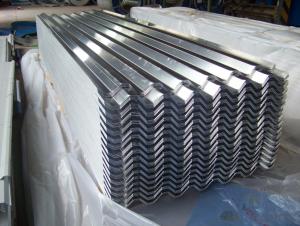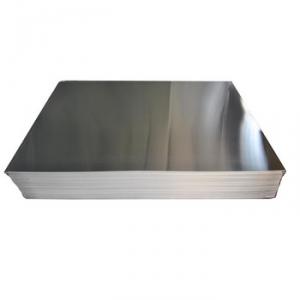Diamond Plate Aluminum Sheets - Aluminium Profiles Thermal Barrier SAD601
- Loading Port:
- Shanghai
- Payment Terms:
- TT OR LC
- Min Order Qty:
- 20 m.t.
- Supply Capability:
- 2000 m.t./month
OKorder Service Pledge
OKorder Financial Service
You Might Also Like
1.Structure of Aluminium Profiles Thermal Barrier SAD601 Description:
Aluminium Profiles Thermal Barrier SAD601(also spelled anodising, particularly in the UK and Australia) is an electrolytic passivation process used to increase the thickness of the natural oxide layer on the surface of metal parts. Anodized aluminium surfaces, for example, are harder than aluminium but have low to moderate wear resistance that can be improved with increasing thickness or by applying suitable sealing substances.
2.Main Features of the Aluminium Profiles Thermal Barrier SAD601:
High corrosion-resistance;
weather-resistance;
heat-resistance;
alkali-resistance and impact-resistance properties.
3.Aluminium Profiles Thermal Barrier SAD601 Images:
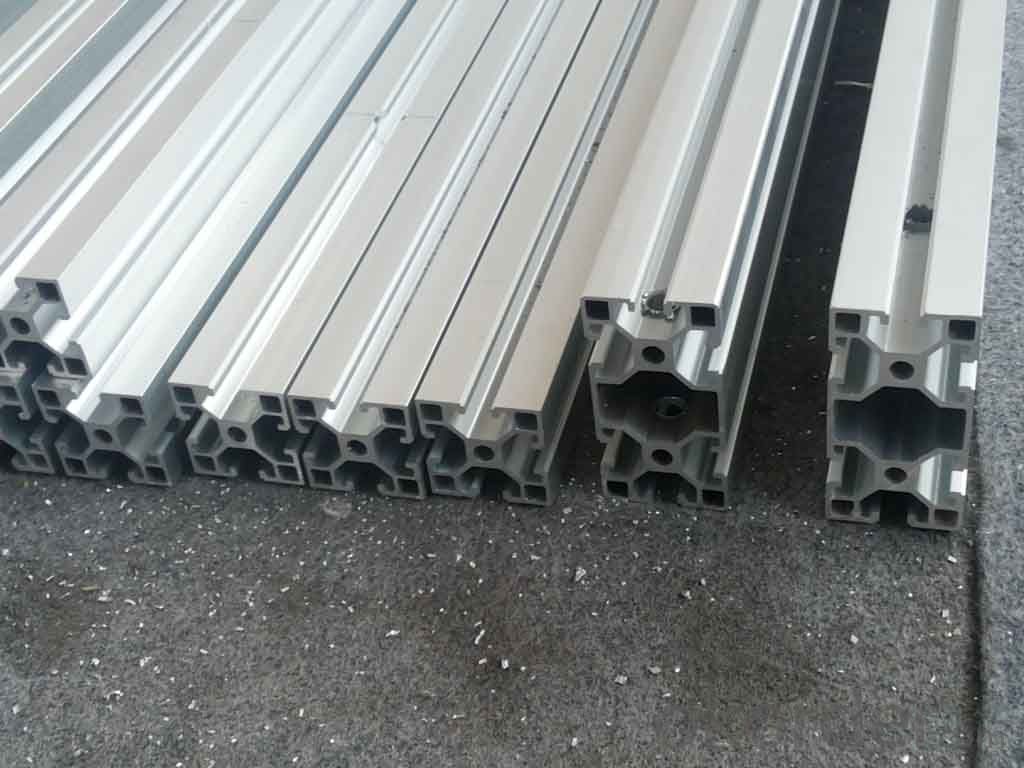
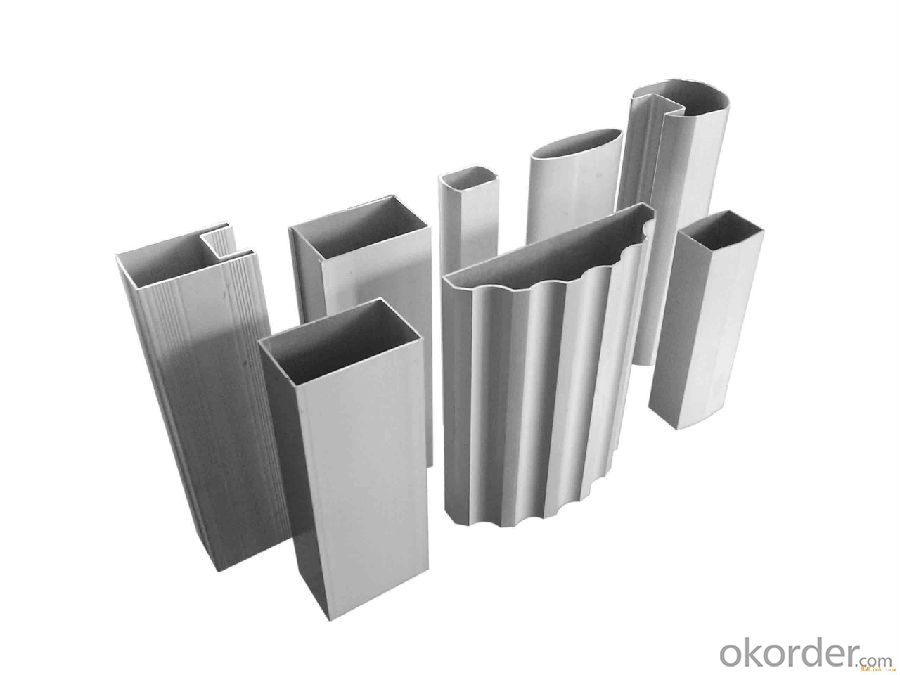
4.Aluminium Profiles Thermal Barrier SAD601 Specification:
1. Material: 6063,6061,6060,6005,6005A,etc.
2. Temper: T5 or T6
3. Finish: Mill finish, anodizing, powder coating, electrophoresis, wooden transfer or pvdf/carbon-flouride coated, polishing, brushing, sand blasting
4. Various colors: Silver, bronze, black, gold, blue, grey, champagne, bright, etc.
5. Machining: Cutting, punching, drilling, tapping, milling, bending, welding, CNC etc.
5.FAQ:
①How about your company?
A world class manufacturer & supplier of castings forging in carbon steel and alloy steel,is one of the large-scale professional investment casting production bases in China, consisting of both casting foundry forging and machining factory. Annually more than 8000 tons Precision casting and forging parts are exported to markets in Europe, America and Japan. OEM casting and forging service available according to customer’s requirements.
②How to guarantee the quality of the products?
We have established the international advanced quality management system,every link from raw material to final product we have strict quality test;We resolutely put an end to unqualified products flowing into the market. At the same time, we will provide necessary follow-up service assurance.
- Q: Can aluminum sheets be used for industrial shelving?
- Yes, aluminum sheets can be used for industrial shelving. Aluminum is a lightweight and durable material that is resistant to corrosion, making it suitable for various industrial applications, including shelving. It offers strength and stability while being easy to clean and maintain. Additionally, aluminum's versatility allows for customization and modification to fit specific storage needs.
- Q: could aluminum sheet be attracted by magnet?
- no, it couldn't.
- Q: What are the standard dimensions of aluminum sheets?
- The standard dimensions of aluminum sheets vary depending on the specific industry and application. However, there are some common sizes that are widely available. For general purposes, the most common standard dimensions for aluminum sheets are 4 feet by 8 feet (1219mm x 2438mm) and 4 feet by 10 feet (1219mm x 3048mm). These sizes are often referred to as "full sheets" and are commonly used in construction, manufacturing, and signage industries. In addition to full sheets, aluminum sheets are also available in smaller sizes such as 2 feet by 4 feet (609mm x 1219mm) and 2 feet by 8 feet (609mm x 2438mm). These smaller sheet sizes are often used for DIY projects, crafts, and hobbyist applications. It's important to note that while these dimensions are considered standard, aluminum sheets can be custom cut to specific sizes and shapes to meet individual project requirements. This allows for greater flexibility and versatility in various industries. Ultimately, the choice of aluminum sheet dimensions depends on the specific project needs, industry standards, and personal preferences.
- Q: Can aluminum sheet be used for automotive heat shields?
- Indeed, aluminum sheet is a suitable option when it comes to automotive heat shields. The automotive industry favors aluminum due to its impressive thermal conductivity and remarkable heat resistance. By reflecting and dispersing heat away from specific regions, it effectively safeguards delicate components from excessive temperatures. Moreover, aluminum possesses the advantages of being lightweight and resistant to corrosion, rendering it an optimal choice for automotive purposes. It finds widespread utilization in diverse heat shield configurations, encompassing exhaust, engine, and under-carriage heat shields.
- Q: What are the thermal conductivity properties of aluminum sheets?
- Aluminum sheets have high thermal conductivity properties, meaning they are excellent conductors of heat. This allows them to efficiently transfer heat and distribute it evenly across their surface.
- Q: What types of aluminum sheets are recommended for outdoor use due to their properties?
- <p>Yes, there are specific types of aluminum sheets designed for exterior applications. These include aluminum sheets with protective coatings such as anodized aluminum, which offers enhanced resistance to corrosion and weathering. Additionally, aluminum sheets with a PVDF (Polyvinylidene Fluoride) coating, such as Kynar 500, are highly suitable for exterior use due to their excellent durability and resistance to UV rays, chemicals, and scratches. These coatings help maintain the aluminum's appearance and integrity over time, making them ideal for outdoor applications where exposure to the elements is a concern.</p>
- Q: Are the aluminum sheets suitable for electrical conductivity applications?
- Indeed, aluminum sheets prove to be a fitting option for electrical conductivity applications. Possessing a high level of conductivity, aluminum demonstrates an electrical conductivity that is approximately 61% of copper's. Consequently, it has become widely favored for a multitude of electrical and electronic applications that prioritize conductivity. Notably, aluminum sheets find purpose in the fabrication of power transmission lines, electrical cables, bus bars, and heat sinks, among other uses. Furthermore, aluminum boasts attributes such as lightweightness, resistance to corrosion, and commendable thermal conductivity, all of which contribute to its suitability for electrical conductivity applications.
- Q: What is aluminum curtain wall.
- It's more interesting to use aluminum than to say it's made of glass
- Q: What is the typical torsional strength of aluminum sheets?
- The typical torsional strength of aluminum sheets can vary depending on various factors such as the alloy composition, thickness, and manufacturing process. However, aluminum generally possesses good torsional strength, making it suitable for a wide range of applications.
- Q: Are aluminum sheets suitable for use in electrical applications?
- Aluminum sheets are indeed appropriate for utilization in electrical applications. The reason for this appropriateness lies in aluminum's remarkable ability to conduct electricity. Its exceptional conductivity enables the efficient transmission of electrical current. In fact, aluminum sheets are frequently employed in electrical applications including power transmission lines, electrical wiring, and electrical enclosures. Furthermore, aluminum's lightweight nature facilitates easier handling and installation. It also possesses resistance against corrosion, ensuring prolonged durability and reliability within electrical systems. Nevertheless, it is crucial to acknowledge that aluminum exhibits lower conductivity in comparison to copper. Consequently, compensating for this disparity may require the use of larger gauge sizes. In summary, aluminum sheets serve as a feasible and cost-effective choice for a variety of electrical applications.
Send your message to us
Diamond Plate Aluminum Sheets - Aluminium Profiles Thermal Barrier SAD601
- Loading Port:
- Shanghai
- Payment Terms:
- TT OR LC
- Min Order Qty:
- 20 m.t.
- Supply Capability:
- 2000 m.t./month
OKorder Service Pledge
OKorder Financial Service
Similar products
Hot products
Hot Searches
Related keywords
